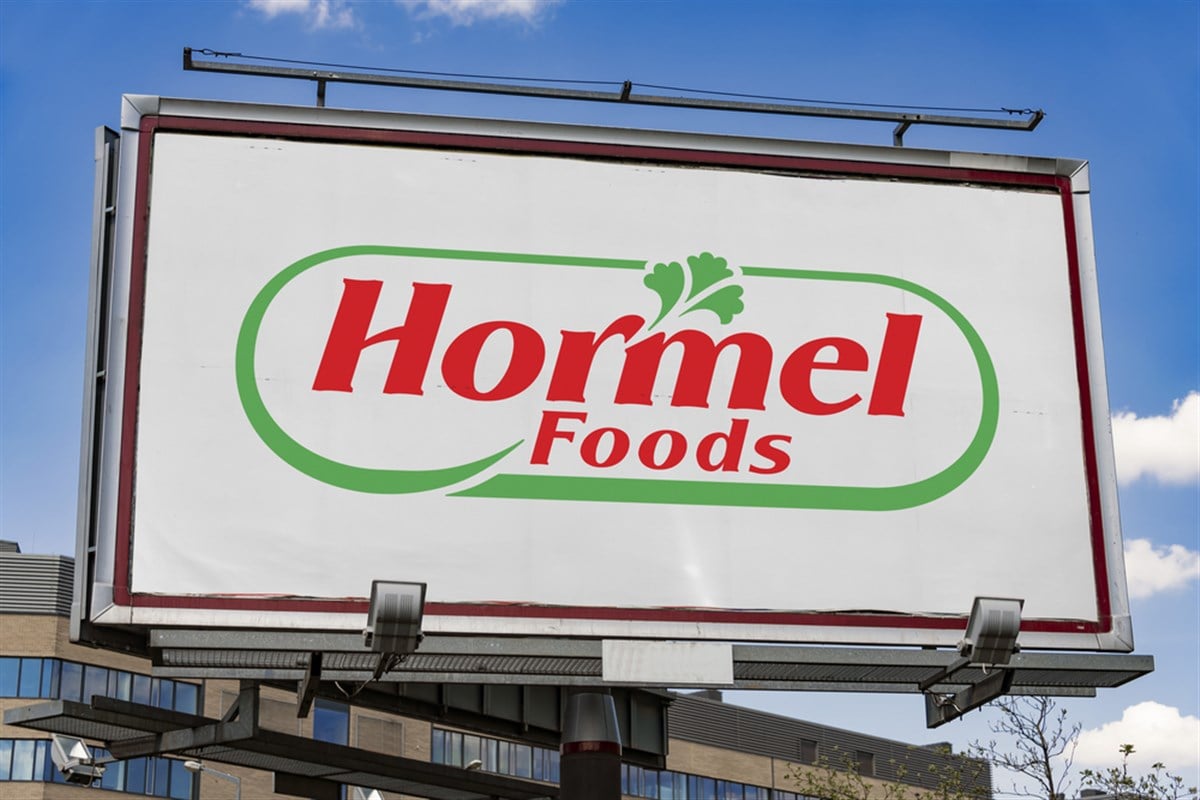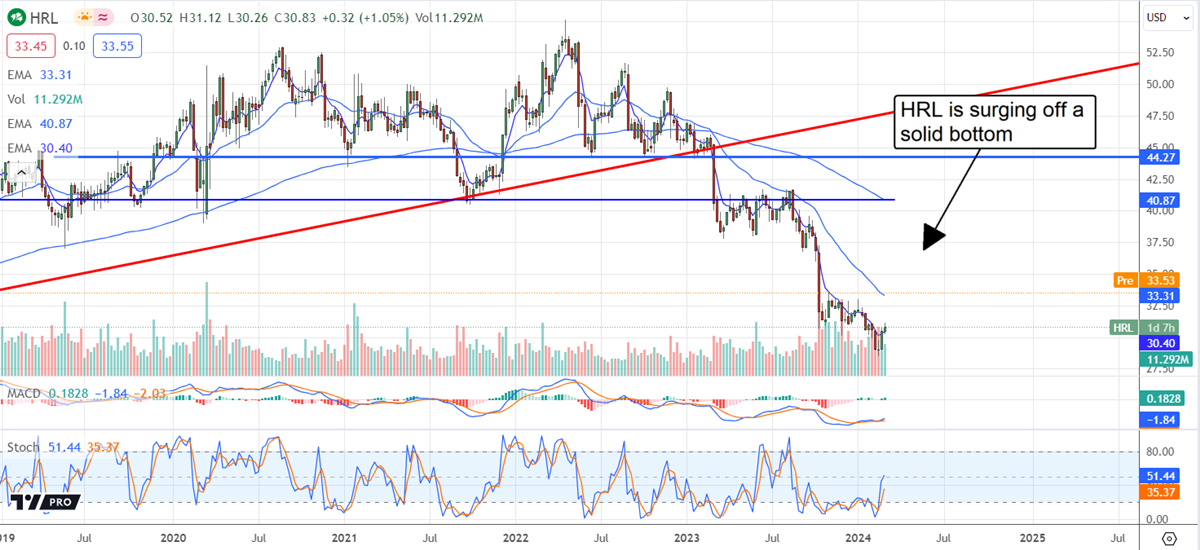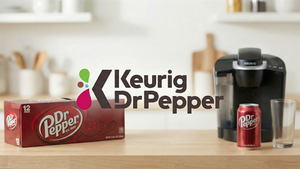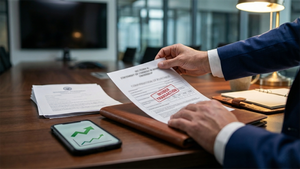
Hormel (NYSE: HRL) shares came under intense pressure last year due to rising costs, margin struggles, and lack of growth. The situation raised doubt about dividend growth, long-term outlooks for profits, and valuation now laid to rest. The Q1 results aren’t mind-boggling but reveal strength in core business, including volume gains that point to improving margins over time. Hormel is in a commoditized industry, and volume is a crucial price component. The more demand for a product, the easier it is to keep the prices higher and preserve or grow margin.
Hormel Returns to Growth and Reaffirms Guidance
Hormel had a solid quarter, revealing the company is managing a turnaround. Hormel reported $3.0 billion in net revenue, a gain of 1% over last year. The growth is slim but outpaces the analysts' consensus and is underpinned by volume growth. Systemwide, volume is up 4%, driven by strength in critical brands and segments. Bacon, premium products, poultry, and snacks all produced growth and helped drive margin strength.
Segmentally, US Retail was the weakest, with volume up 2% and net sales down 2%. International was mixed with 11% volume growth and a 3% decline in sales, while the Foodservice volume increased by 8% and sales by 9%. The Foodservice and International segments aided the margin. The Foodservice segment profit is up 10%, and The International segment profit is up 1%.
The margin news is mixed but favorable to shareholders. The GAAP operating income fell by 2% on a 20 basis point reduction in the margin, but the adjusted margin is up. The takeaway is that the GAAP decline was insufficient to offset the 300 basis points of top-line strength, leaving the GAAP EBIT up 2% and adjusted by 4%. More importantly, cash flow is up 98% and expected to remain strong this year, so there is little danger to the balance sheet.
Guidance is among the catalysts for the post-release pop in share prices. The company reaffirmed its FY guidance and expected revenue to grow 1% to 3% and adjusted diluted earnings to range with a midpoint above the Marketbeat analysts' consensus. Assuming volume remains strong, Hormel’s guidance may be cautious.
Hormel’s cash flow improvement drives value for investors
Hormel’s cash flow improvement is partly due to business quality and acquisitions made in the prior year. Cash use resulted in a net build on the balance sheet and increased assets despite lower working capital and inventory. Liabilities are down, and the deficit is shrinking, with solid performance expected this year and next.
The dividend is safe at roughly 65% of the earnings and free cash flow. Because the company is a Dividend King with 67 years of consecutive increases, investors should expect another one at the end of the year. Hormel also repurchases shares to a small degree, enough to have decreased the diluted share count by 0.4% YOY.
The Technical Outlook: Hormel Surges and Confirms a Bottom
Hormel’s stock price surged following the FQ1 results, confirming a bottom for this deeply oversold stock. The stock trades at the lowest levels in five years, presenting a value opportunity for income investors. The stock is trading at the lowest P/E and highest yield in that time and may not provide the value for long.
There is a risk that this market will move lower to reconfirm support before it reverses, but a reversal is in play. The critical resistance level is near $33.30, and the 150-day EMA. Critical support is near $29.85. Moving above $33.30 would be a bullish indicator, and moving to $29.85 would be a deep-value entry point.






